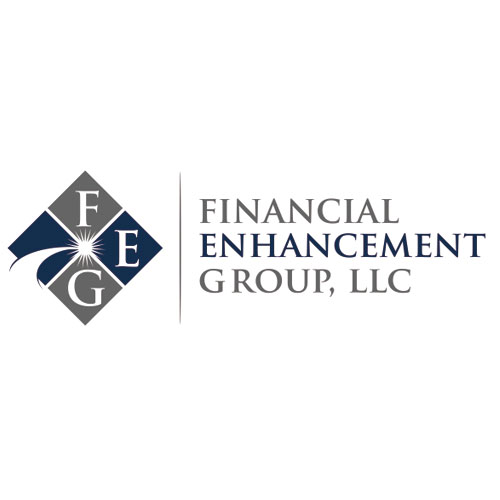[vc_row][vc_column width=”1/4″ offset=”vc_hidden-xs”][vc_widget_sidebar sidebar_id=”sidebar-main”][/vc_column][vc_column width=”3/4″][vc_column_text]
The feeling of owning a home free and clear of debt is a milestone many people treasure. Naturally, retirees often greet the suggestion of using their home’s equity as an income source with resistance and suspicion. Reverse mortgages have been in existence for decades and historically we have advised individuals to steer clear of such companies and their offerings. However, a series of inquiries prompted us to reconsider reverse mortgages. Being fiduciaries and understanding personal bias, our team went back to the drawing board to see if things have changed. It appears they have improved!
Reverse mortgages allow homeowners age 62 or older to convert the equity in their primary residence into an income stream. The process allows for the home owner to receive the money in a lump sum or as a monthly payment. Some individuals use the reverse mortgage as a replacement for a home equity line of credit (HELOC). According to Mary Beth Franklin, contributing editor at Investment News and former senior editor of Kiplinger’s Personal Finance magazine, “Unlike a HELOC, a reverse mortgage can never be reduced, frozen or cancelled, and there are no monthly loan repayment requirements. A reverse mortgage is not due until the borrowers sell the home, move out permanently or die. The estate or heirs can never owe more than the house is worth, even if it is less than the amount borrowed.”
Reverse mortgage borrowing limits are based on available home equity, the age of the youngest borrower, interest rates and lender margin. Depending on age, homeowners can tap about half of their home's appraised value up to a maximum home value limit of $625,500. The older the borrower and the lower the interest rate, the higher the available loan amount. Interestingly, the amount that may be borrowed increases every year even if the house doesn’t appreciate in value.
Reverse mortgages can support several financial strategies. Income generated by these instruments can help you delay taking Social Security, allowing your benefit to increase by 8% annually up to age 70. You can also use a reverse mortgage as a line of credit buffer for long term care expenses. Many of the professionals we consulted suggested establishing a line of credit as soon as possible for this very purpose. Indeed, the reverse mortgage can be a useful income buffer in various short term or extended situations.
Understanding the facts is one thing, but how do you put them into action? In years past, the reverse mortgage industry was awash with questionable sales practices and less than honorable market participants. Bad actors who preyed on senior citizens with dubious offerings left some early adopters of the reverse market concept with deep scars.
After conducting research and looking at how these instruments operate in today’s economy compared to their predecessors, I believe reverse mortgages can make sense for people in certain situations. As always, however, please consult your financial advisor and make sure you are working with a reputable lending source.
Disclaimer: Do not construe anything written in this post or this blog in its entirety as a recommendation, research, or an offer to buy or sell any securities. Everything in this post is meant for educational and entertainment purposes only. I or my affiliates may hold positions in securities mentioned in the blog. Please see my Disclosure page for full disclaimer.[/vc_column_text][/vc_column][/vc_row][vc_row][vc_column offset=”vc_hidden-lg vc_hidden-md vc_hidden-sm”][vc_widget_sidebar sidebar_id=”sidebar-main”][/vc_column][/vc_row]



